Kenyan Opposition Faces Early Discord
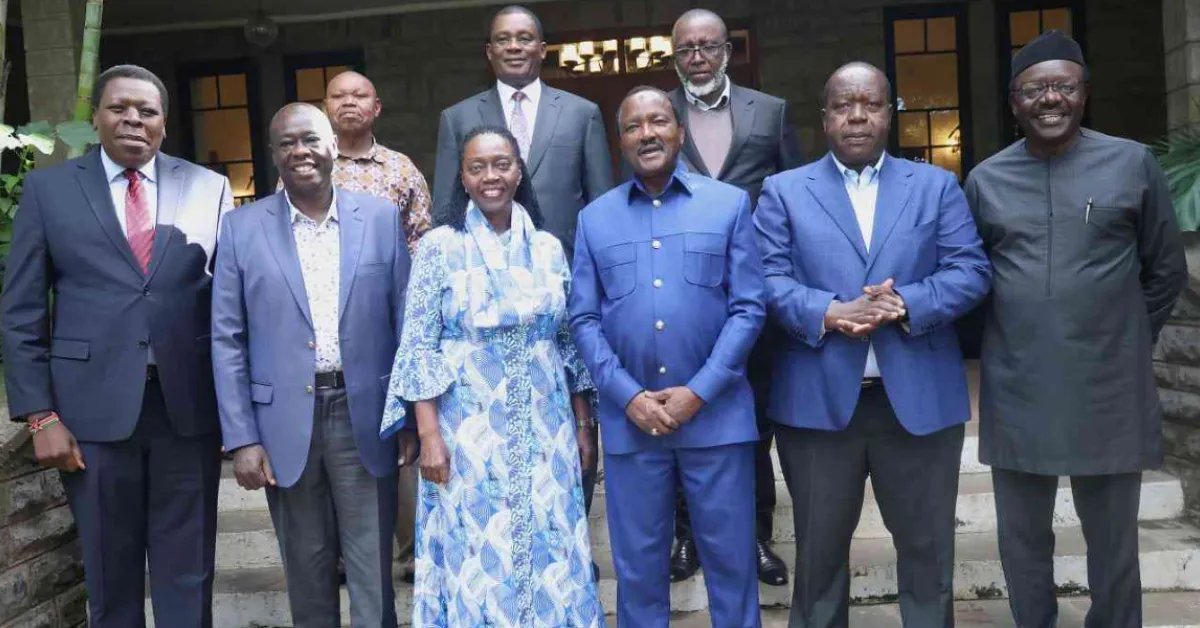
Efforts to consolidate a unified opposition front against President William Ruto in Kenya have been met with early signs of discord, stemming from internal disputes over potential leadership and the role of key figures associated with the previous administration.
A meeting held in the Karen Blixen area of Nairobi underscored these tensions, as prominent opposition figures convened to discuss coalition strategies. The immediate point of contention arose from objections within Wiper party leader Kalonzo Musyoka’s camp regarding the perceived imposition of Fred Matiang’i, former Interior Cabinet Secretary under President Uhuru Kenyatta, as the coalition’s potential flag bearer. The presence of Jubilee Party National Chairman Torome Saitoti, attending in place of the traditionally present Jubilee Secretary-General Jeremiah Kioni, further fueled these concerns.
Sources indicate that Kalonzo's faction expressed reservations about Kioni’s prior endorsement of Matiang’i. Matiang’i’s attendance at the meeting marked his first public appearance with the opposition, adding to the controversy. The discussions also highlighted a growing alignment between Kenyatta and current Deputy President Rigathi Gachagua, evidenced by Matiang’i’s second meeting with Gachagua within a week. Gachagua welcomed Matiang’i to the coalition, portraying the alliance as a movement to "liberate Kenya" and positioning it as "on the right side of history."
The meeting brought together a diverse group of political leaders, including Musyoka, Saitoti, People’s Liberation Party leader Martha Karua, DAP-Kenya’s Eugene Wamalwa, former ministers Justin Muturi and Mithika Linturi, and former UNCTAD Secretary-General Mukhisa Kituyi. While discussions were described as productive, sources indicate that Kalonzo's camp remains sceptical of Jubilee’s push for Matiang’i as the coalition’s leader. Kalonzo, a seasoned politician, reportedly views himself as the most senior and deserving candidate to lead the opposition.
The coalition’s strategy appears to emulate the 2002 Narc model, wherein individual party leaders first mobilise support in their respective regions before a flag bearer is nominated next year. The inclusion of young voters and youthful leaders was also a key agenda item. While Kalonzo allies advocate for a consensus-driven approach to selecting the flag bearer, other members have proposed a delegate-based process, allocating representation based on party strength. Eugene Wamalwa has sought to downplay the tensions, emphasising that the coalition is still in its formative stages and has not yet settled on a preferred candidate.
“We are broadening the opposition and expect more leaders to join us. For now, there is no cause for alarm,” Wamalwa stated.
He mentions that the coalition’s mission is to assemble a team capable of forming the next government and ensuring President Ruto serves only one term. However, Kalonzo's allies, including Makueni Senator Dan Maanzo and Kitui Senator Enoch Wambua, have voiced scepticism about Jubilee’s endorsement of Matiang’i. Maanzo questions the viability of Matiang’i’s candidacy, citing Kenyatta’s inability to secure a victory for Raila Odinga in the last election. Wambua, meanwhile, frames the coalition’s efforts as a broader mission to "save Kenya" rather than advancing individual ambitions.
Machakos Deputy Governor Francis Mwangangi echoes these sentiments, urging opposition leaders to prioritise unity over personal interests. He warns that divisions within the coalition could be exploited by those in power, as has happened in the past. Not everyone is convinced of the coalition’s potential. Former Kanu Secretary-General Nick Salat dismisses the alliance as a gathering of "the same old faces" who have been part of successive regimes. Salat also criticises Matiang’i’s involvement, questioning his role in addressing past human rights abuses during his tenure as Interior Cabinet Secretary.
The opposition meeting concluded with a joint statement signed by several opposition leaders, condemning recent extrajudicial killings and raising concerns about the ongoing recruitment process for the Independent Electoral and Boundaries Commission (IEBC). The statement calls for transparency and impartiality in the selection of IEBC commissioners, urging the panel to prioritise national interests over partisan considerations. Notably, Matiang’i and Kituyi did not sign the statement, with Muturi explaining that they had prior commitments but were aware of its content.
Political analysts have weighed in on the significance of the opposition’s unity efforts. Prof. Gitile Naituli of Multimedia University describes the coalition as a positive step toward putting Kenya’s interests first. However, political scientist John Okumu cautions that the alliance faces significant challenges, including managing competing ambitions and appealing to a diverse electorate. Jomo Kenyatta University’s Dr. Charles Mwangi noted that Matiang’i’s involvement signals Kenyatta’s active participation in the anti-Ruto campaign, a development that could reshape the political landscape.
The formation of this opposition coalition comes at a critical juncture in Kenyan politics. President Ruto’s administration has faced increasing scrutiny over its handling of the economy, corruption allegations, and human rights issues. The opposition’s ability to capitalise on these concerns hinges on their ability to present a united front and offer a credible alternative to the current government.

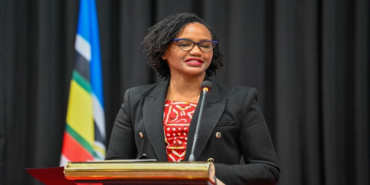
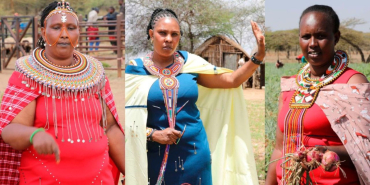
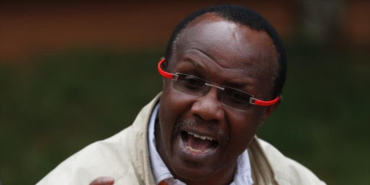
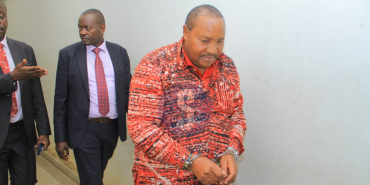
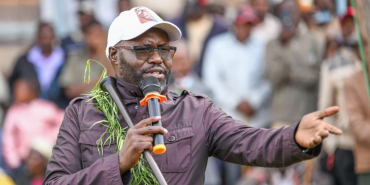
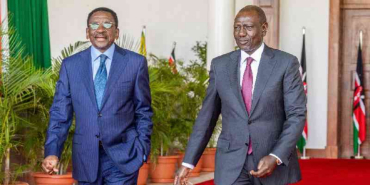

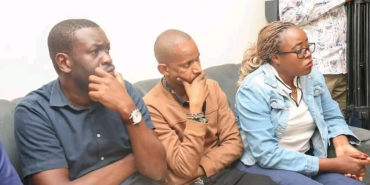





Add new comment